Covid-19
Angling Trust Plan B Guidelines
Updated: January 4th, 2022
These guidelines have been produced by the Angling Trust in our capacity as the recognised national governing body for all forms of recreational fishing in England. They have been drawn up following extensive dialogue with relevant Government departments and our colleagues in the Environment Agency to help anglers, fishery owners and managers to better understand what is permissible at the current time.
For updates on the situation in Wales please click HERE
Throughout the Covid pandemic the Angling Trust has continued to press for angling to be treated as a safe and beneficial outdoor activity with minimal risk of virus infection or transmission. On December 20th, ahead of any Government announcement, we reminded Ministers of the importance of allowing angling to continue and of our Fishing out of Lockdown proposals which were published earlier in the year.
https://anglingtrust.net/2021/12/20/keep-us-fishing/
Prior to Christmas, and following a significant rise in infection rates, the Government has announced that England has moved to Plan B in response to the risks of the Omicron variant.
This means:
- Face coverings are required by law in most indoor settings.
- Office workers who can work from home should do so.
- Certain venues and events will be required by law to check that all visitors aged 18 years or over are fully vaccinated, have proof of a negative test in the last 48 hours, or have an exemption.
There are no direct consequences in Plan B for angling in England although clubs and fisheries should be aware of the guidance for safely holding indoor events such as AGMs and prize givings. Working parties, club meetings, competitions, private and charter boat hire remain unaffected.
The NHS Covid Pass (or exemption or proof of a negative test in the last 48 hours) will need to be shown to access indoor events with 500 or more unseated attendees – “where those attendees are likely to stand or move around for all or part of the event”. This will include major tackle and fishing shows.
Full Details can be found HERE
Angling Trust Step 4 Guidelines
Updated: July 19th, 2021
These guidelines have been produced by the Angling Trust in our capacity as the recognised national governing body for all forms of recreational fishing in England. They have been drawn up following extensive dialogue with relevant Government departments and our colleagues in the Environment Agency to help anglers, fishery owners and managers to better understand what is permissible at the current time.
- Competitions of any size can continue with draws on the day and a prize giving at the end, however Government guidance suggests gatherings should be outside wherever possible.
- To follow this Government guidance we would recommend that for larger competitions the draws should seek to stick to the current 30 person maximum – ie by using separate draw tables and splitting into two or more groups.
- There remains a requirement for risk assessments for all organised sporting events including angling competitions and coaching.
- Club working parties may continue and club gatherings and meetings may resume.
- However, clubs may wish to continue to hold meetings online to avoid large numbers of people gathering inside.
Angling Trust Guidelines (Roadmap Step 3)
Updated: May 18th, 2021
These guidelines have been produced by the Angling Trust in our capacity as the recognised national governing body for all forms of recreational fishing in England. They have been drawn up following extensive dialogue with relevant Government departments and our colleagues in the Environment Agency to help anglers, fishery owners and managers to better understand what is permissible at the current time.
We have updated our guidelines to take account of the changes that have taken place as part of Step 3 of the government’s roadmap, which came into force on May 17th and will be valid until Step 4 (no earlier than June 21st). As angling has been fully operational from March 29th, the only matters of substance for the majority of our sport are concerned with spectators, car sharing, hospitality and overnight stays in formal accommodation.
Spectators are now permitted at competitions and angling events and shows, both indoors and outdoors, but they should maintain social distancing and must adhere to social gathering limits (groups of up to 30 outdoors and groups of up to six people/made up of two households indoors. Multiple groups of spectators are permitted.)
Car sharing is permitted for sport and physical activity. The guidance for safer travel should be followed.
Angling Clubhouses including those that serve food and drink can now open. Outdoor hospitality including club barbecues are now permitted although groups are limited to 30. The guidance on hospitality settings should be followed.
Holiday venues may now reopen meaning that angling sites providing onsite accommodation are free to take bookings from May 17th and anglers can organise their own accommodation for fishing trips.
With the exception of the above, the remainder of the Angling Trust guidelines remain in place.
Please refer to both the government guidance and the helpful Sport England FAQs for further information.
Read the full government guidance
Fishing from March 29th in England – Angling Trust guidelines
Updated: March 25th, 2021
- Fishing will remain as a legitimate outdoor recreation or exercise for up to 6 people, or in a larger group if everyone present is from the same two households. A ‘household’ can include the support bubble linked to that household [if eligible].
- Outdoor recreational activities and exercise may take place at night so you may fish into or through the night. There are no time limits on outdoor recreation. However, you may not go on holiday to go fishing or use fishing as a pretext for a camping trip. Formal campsites and self-contained holiday accommodation cannot open until April 12th (Step 2).
- Angling clubs and fisheries should take steps to ensure that the gathering limits (Rule of 6) are adhered to and that social distancing is not compromised by the enthusiasm of anglers to resume fishing on March 29th. As it is currently permissible to fish into the night it would be entirely possible to fish through the night of March 28th and into the next day. However, fisheries may want to consider opening up in a manner which limits any larger gatherings in car parks or outside the fishery in order to minimise the risk of infection transmission. As long as social distancing is maintained there are no legal limits on the numbers attending any fishery but sensible local management measures will be important.
- Match fishing (in freshwater and at sea) can go ahead as an organised outdoor sports gathering from March 29th. Organised outdoor sports will not be subject to the gatherings limits but must be compliant with guidance issued by national governing bodies to ensure appropriate steps, including risk assessments, are taken to make it Covid secure in line with the law. At this stage, these gatherings must only include participants – not spectators.
- Private boat fishing under the Rule of 6 and charter boats operating in accordance with Covid precautions should now both be allowed. However, where fishing takes place on a partially enclosed boat (eg with a cabin or lounge area) with the exception of the skipper, those outside the household support bubble must not go indoors (except for access to/use of the toilet).
- The statutory stay at home restriction will be lifted but the guidance will encourage you to minimise travel outside of your local area. This means avoiding making unnecessary journeys, combining trips and avoiding travel at peak times where possible. People should avoid travelling further than is reasonably necessary to take part in, or during, their activity.
- Tackle shops and other ‘non-essential retail’ can fully open at Step 2 (April 12th) but can continue to offer click/call and collect until this point. Fisheries offering self-contained accommodation such as campsites and holiday lets, where indoor facilities are not shared with other households, can also reopen at this point.
Throughout, anglers must also ensure they are in possession of a valid fishing licence, adhere to fisheries bylaws, including the close season for coarse fishing on rivers, and have permission of the fishery owner.
A copy of these guidelines can be downloaded here
The FAQs published by Sport England can be found here
For advice about fishing in Wales during the pandemic, including rules regarding Charter Boats, please visit our Fishing In Wales website
Angling Trust FAQs for fishing in England from March 29th
We have set out a series of answers to the most frequently asked questions to ensure that every angler is able to adhere to the rules.
Can we still go fishing?
Can we go sea fishing?
Can we go fishing from our boats?
Can we fish at night?
Can we fish matches?
How far can we travel to go fishing?
Can my fishery stay open?
Can tackle shops open?
Can we still carry out work parties on our waters?
Is bait collection still alowed?
Can I still Coach, Guide or Ghillie?
Is there still organised fishing for disabled anglers?
What powers do the police have?
Fisheries work during the pandemic: download this useful guide to bailiffing and fishery management
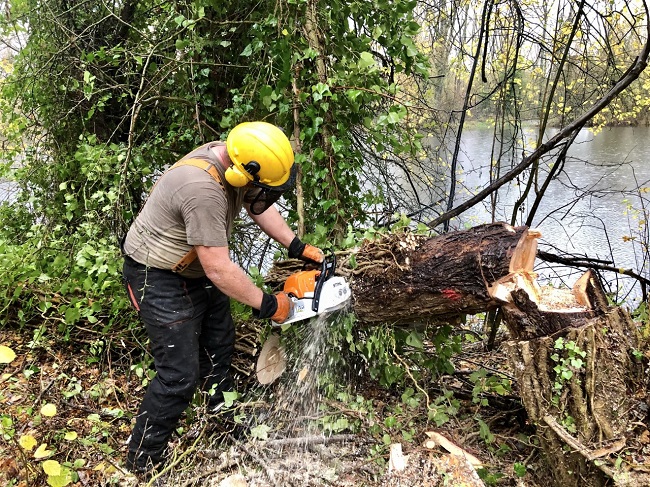
#whenwefishagain: our proposals to Government
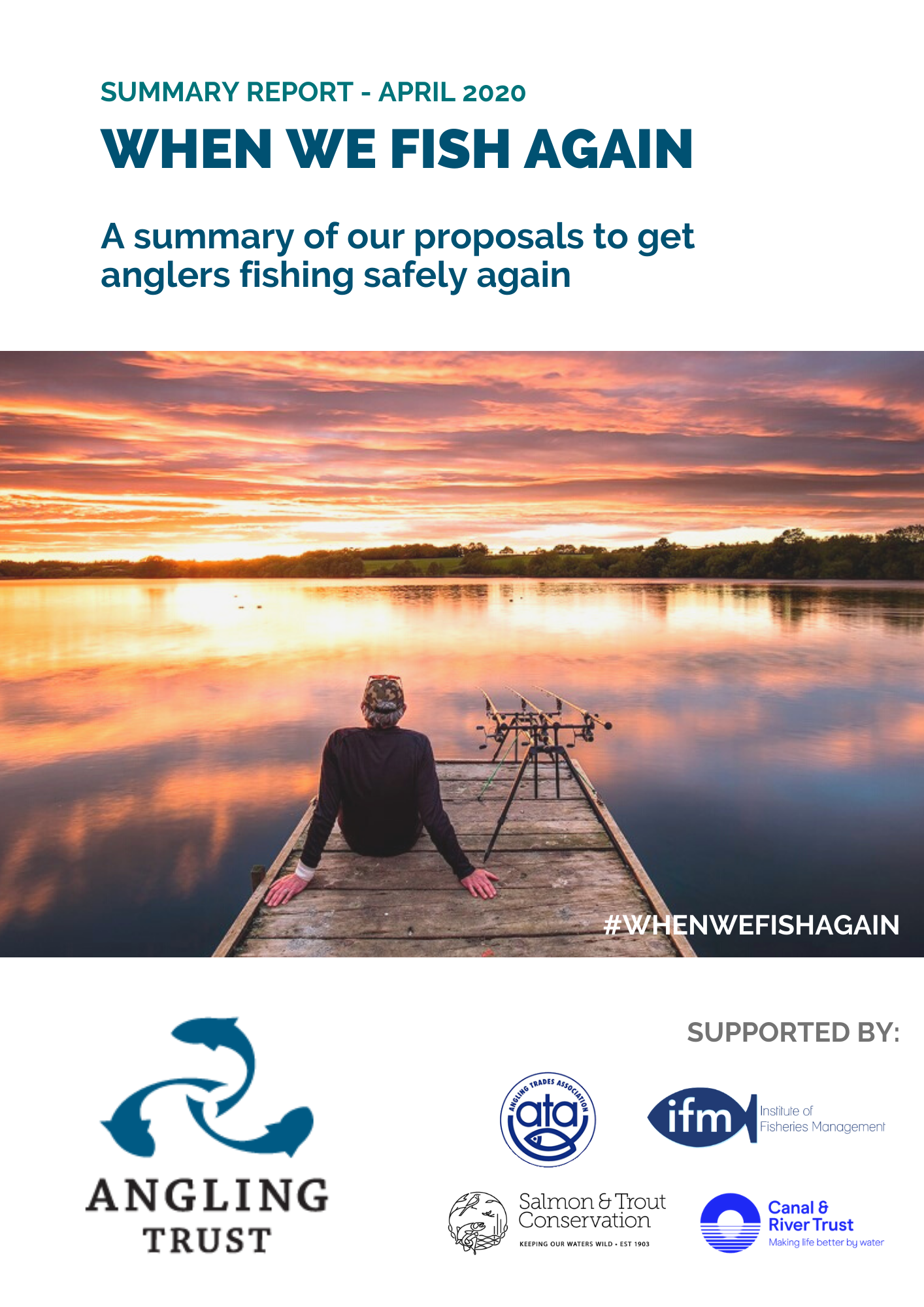
#whenwefishagain - Angling Trust proposals for a return to fishing after first lockdown
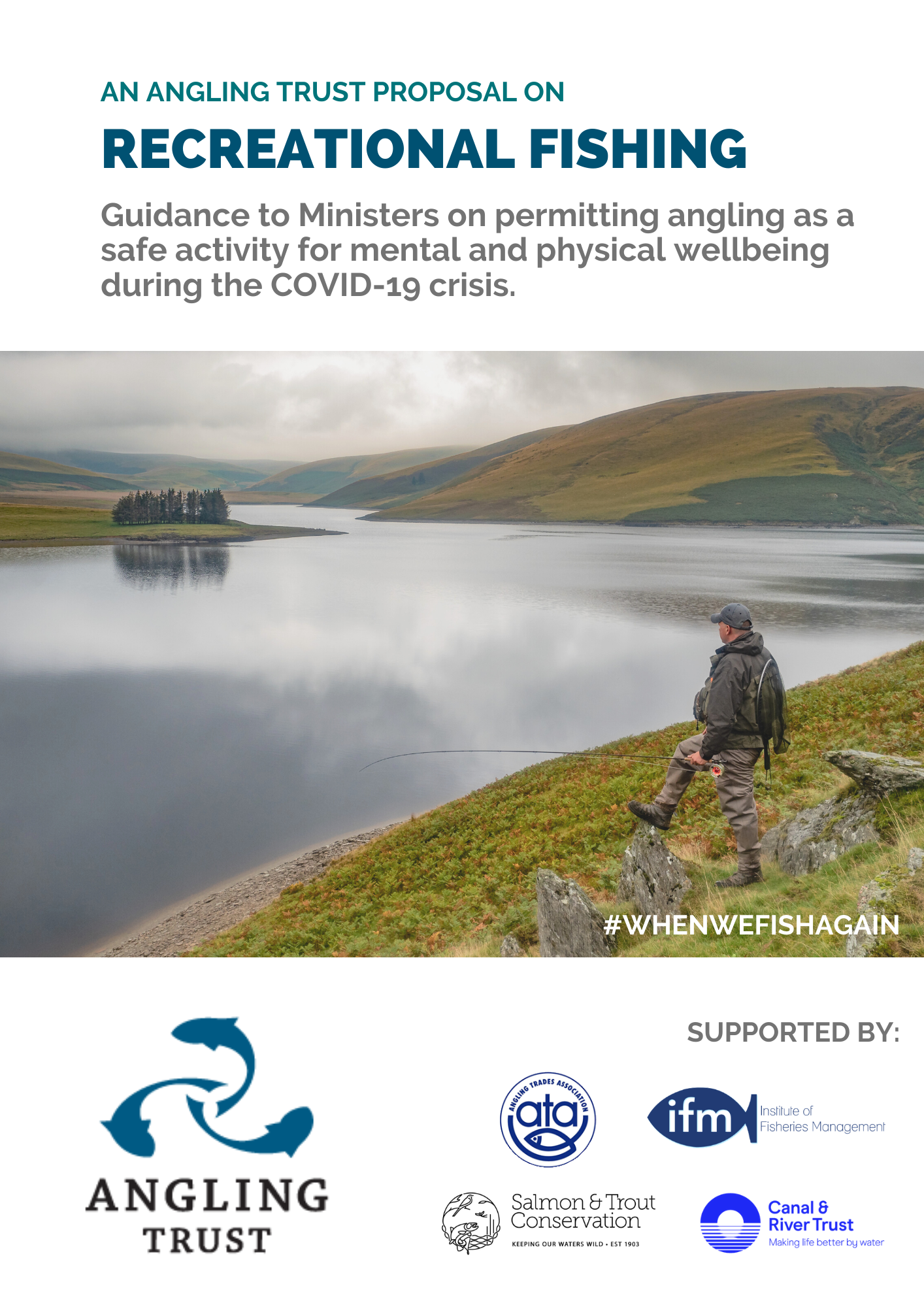
#whenwefishagain - Angling Trust proposal to Government on safe return of fishing
Further support
NORTH REGION
Daniel Williams
07854 240 368
daniel.williams@anglingtrust.net
Darren Birch
07791 164 921
darren.birch@anglingtrust.net
SOUTH REGION
Dean Asplin
07854 239 731
dean.asplin@anglingtrust.net
Clive Copeland
07730 765 714
clive.copeland@anglingtrust.net
EAST REGION
David Munt
07854 239 715
david.munt@anglingtrust.net
James Roche
07791 786 251
james.roche@anglingtrust.net
WEST REGION
Dave Evans
07854 239 721
dave.evans@anglingtrust.net
Richard Hadley
07720 974 811
richard.hadley@anglingtrust.net
Regional Enforcement Managers
MIDLANDS
Kevin Pearson
kevin.pearson@anglingtrust.net
07495 433620
NORTH WEST
Dave Lees
david.lees@anglingtrust.net
07495 433618
SOUTH WEST
Nevin Hunter
nevin.hunter@anglingtrust.net
07495 433622
NORTH EAST
Currently vacant
SOUTH EAST
Dave Wilkins
david.wilkins@anglingtrust.net
07495 433623
EAST
Paul Thomas
paul.thomas@anglingtrust.net
07495 433621
BUILDING BRIDGES
Jan Kansik
Janusz.kansik@anglingtrust.net
07495 433615
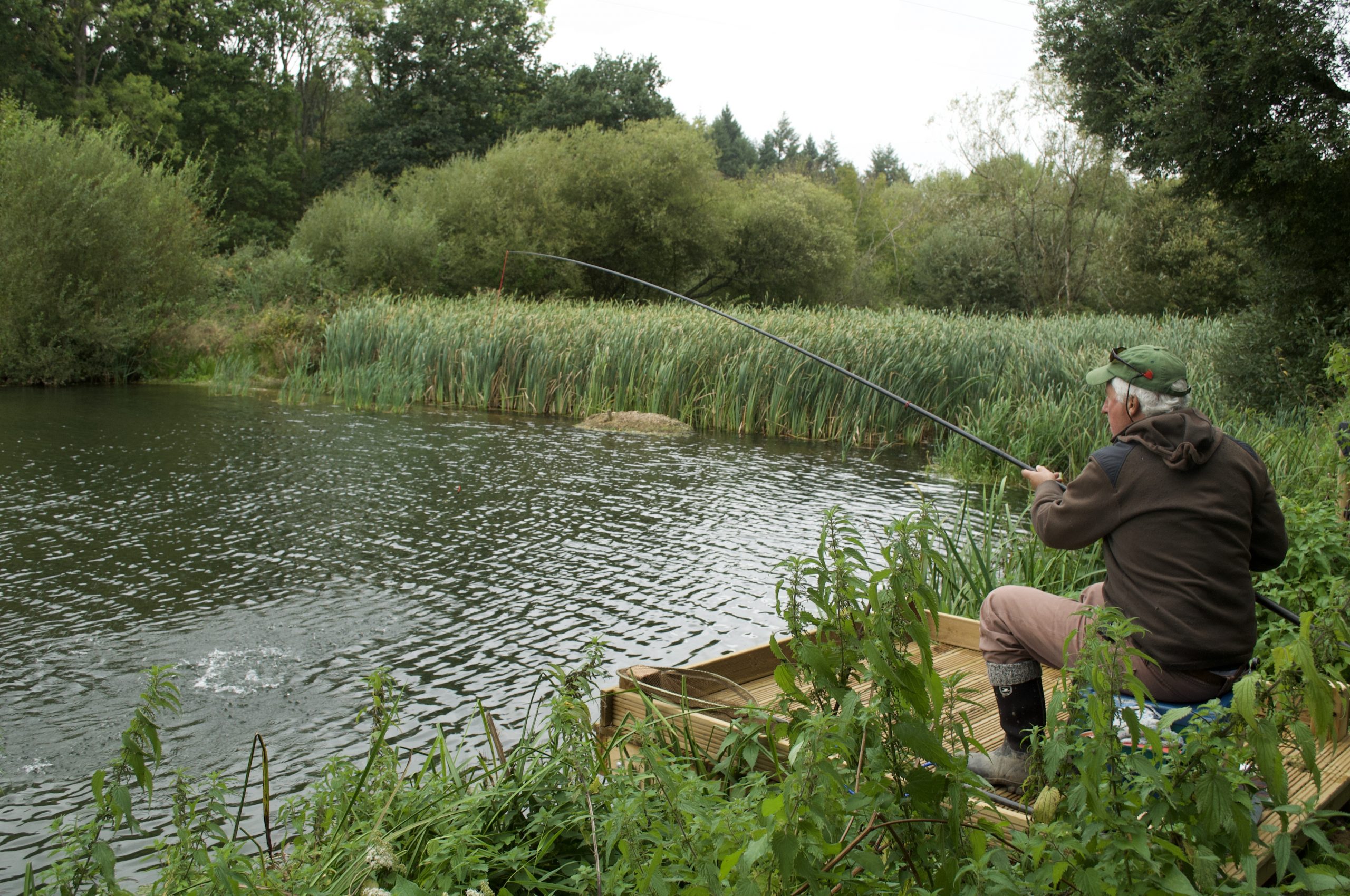
Clubs & Fisheries
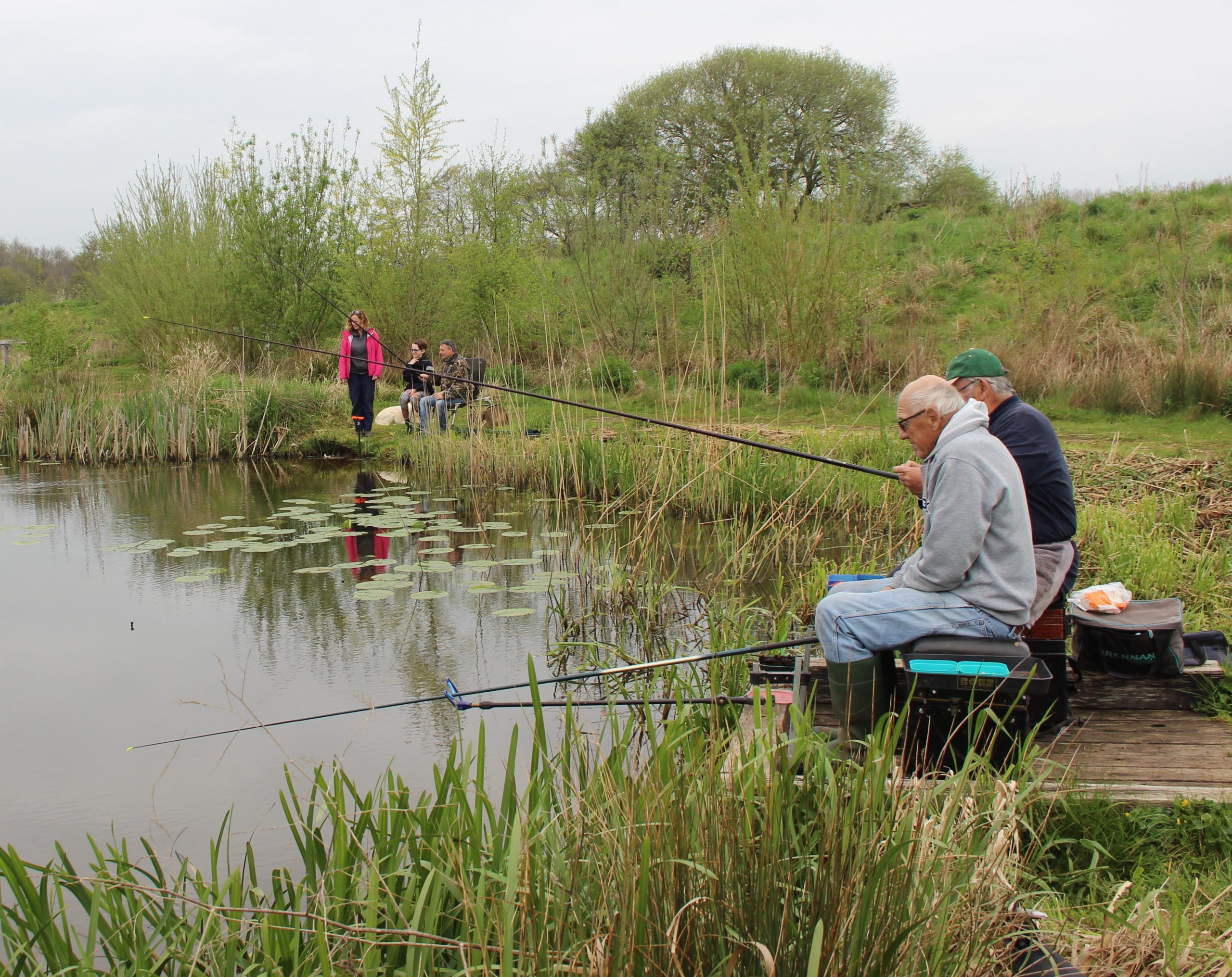
Coaches, Guides & Ghillies
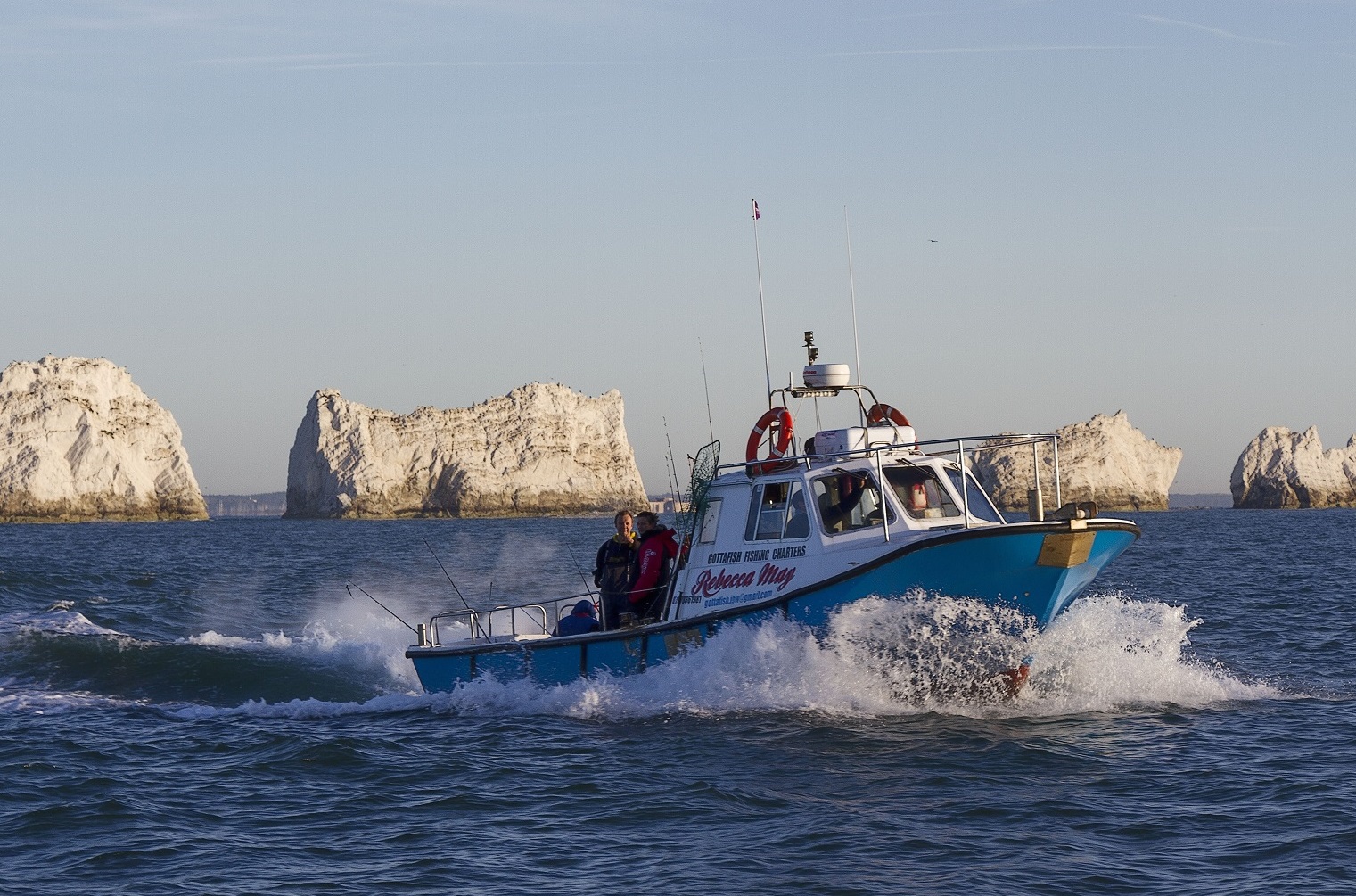
Charter Boats
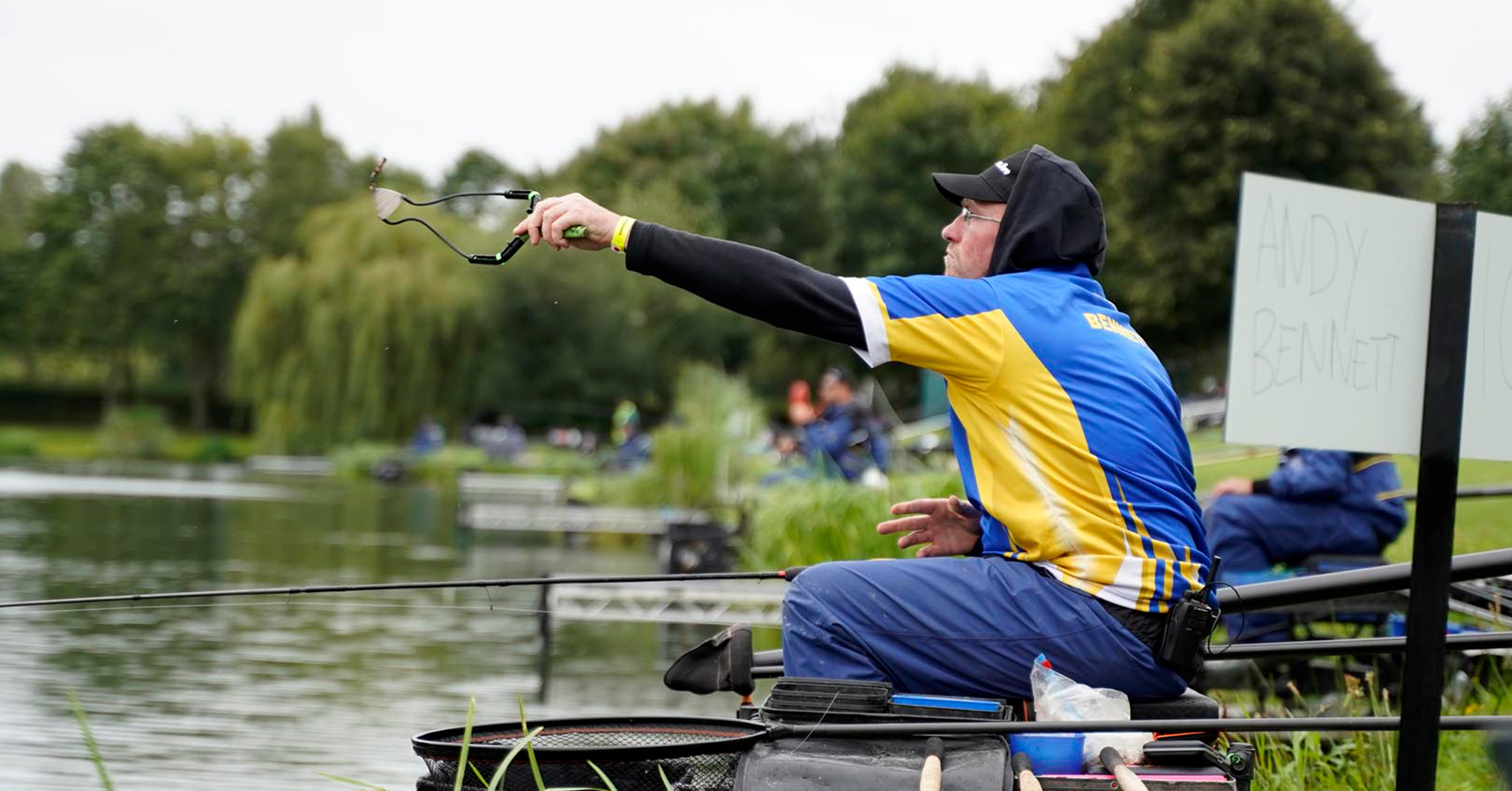
Competition Anglers & Organisers
Guidelines for Clubs and Fisheries
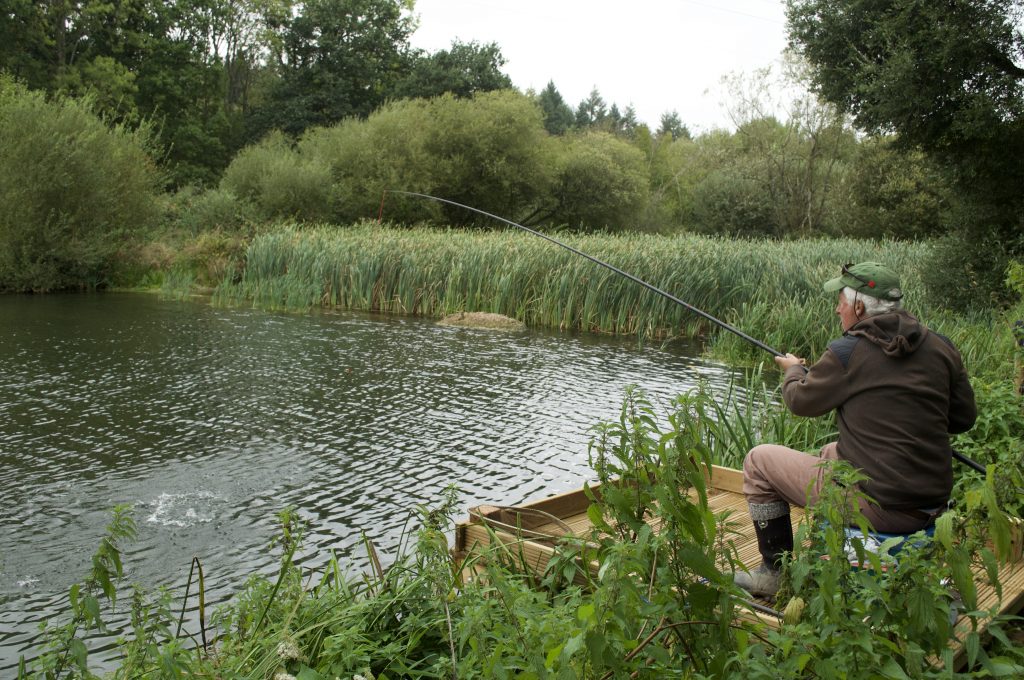
The Angling Trust issued the following guidelines to help keep venues safe:
- You should consider how many people each venue can safely cater for. There are no government rules with regards to peg spacing other than standard social distancing. Fishery Managers and Match Organisers should use common sense and do everything possible to ensure that pegs are as sensibly spaced as is practical on their fishery to ensure the safety of anglers. Sharing of pegs should only be allowed by members of the same household unless there is sufficient room to ensure that social distancing can take place at all times.
- Competitions may be organised, provided they meet current social distancing guidelines and follow the best practice guidance issued by the Angling Trust. See our Guidelines for Competitions.
- Access to toilet facilities should be maintained in accordance with current Government guidelines on cleanliness.
- The cleaning of gates, locks, boats, catch return boxes and other items that will be handled by anglers as part of their fishing session should be considered and wherever possible the number of individuals coming into contact with these items should be reduced.
- On site tackle shops and other ‘non-essential retail’ can fully open at Step 2 (April 12th) but can continue to offer click/call and collect until this point. Fisheries offering self-contained accommodation such as campsites and holiday lets, where indoor facilities are not shared with other households, can also reopen at this point.
- Clubs and fisheries should consider the use of Personal Protective Equipment (PPE) for staff members and volunteers. Government guidelines on appropriate PPE can be found here.
- Fisheries that provide shared equipment, such as landing nets, mats, slings etc., should ensure that this equipment is cleaned appropriately prior to every use.
- Contactless payments and pre-booking should be encouraged wherever possible.
- Clubs are advised to display the guidance that anglers must follow clearly on site, and on your website.
- For further information on the delivery of taster sessions or coaching events please read our Guideslines for Coaches, Guides and Ghillies.
Guidelines for Coaches, Guides and Ghillies
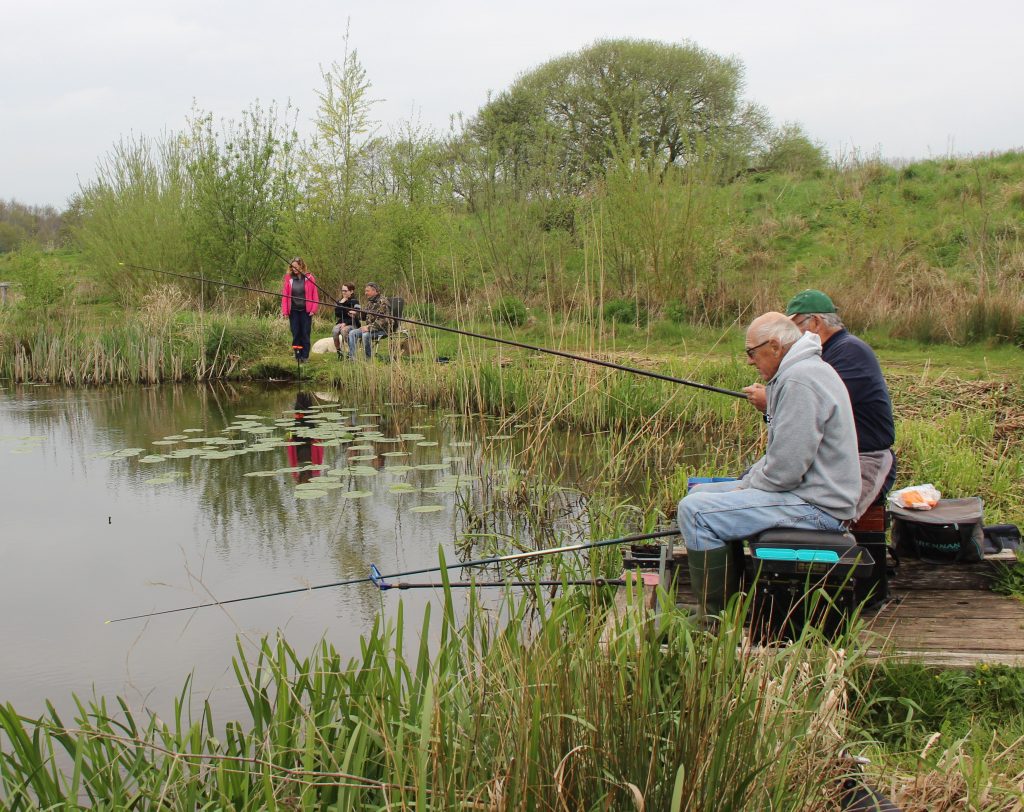
ADVICE FOR COACHES
How do I deliver a safe coaching session?
- The coach to participant ratio of 1:4 should always be maintained.
- At events where numerous groups will be present, a bubble should be created between the coach and participants. The coach should only work with that bubble during the event and should not move between different groups.
- All bookings and paperwork to be completed online or remotely, prior to the session/event. It should also include medical requirements which should then be shared confidentially on a need to know basis. Ideally electronically such as text or email.
- You are required by law to collect and keep all contact details of attendees for 21 days as part of Test and Trace procedures.
- Allocate specific time slots and control numbers. This should help control the number of people turning up at your event in keeping with the government guidelines.
- Risk Assessment completed and shared electronically with all staff and coaches. This must include control measures for reducing risk of infection. Verbal briefing before commencing activity carried out, including processes and procedures for infection control of Covid-19. Risk Assessment templates are available. Contact Richard.Hadley@anglingtrust.net for more information.
- Handwashing and anti-bacterial gels or wipes should be provided and have the appropriate strength as set out by the government.
- No food should be taken into, or consumed, in the coaching area. Personal drinks bottles allowed, but handwashing procedure, before consumption, must be adhered to.
- Social distancing of 2 metres must always be maintained, unless in emergency situations. Procedures to cope with these possible occurrences should form part of the risk assessment and procedures in place to minimise contact.
- Sharing equipment is permitted although should be kept to a minimum. If equipment is shared to take someone fishing, you should practice strict hand hygiene, cleaning your hands thoroughly before and after use. Equipment should be cleaned thoroughly in line with wider guidance on hygiene.
- We strongly recommend the wearing of face coverings for coaching and participants, especially where social distancing of 2 metres may be impractical. Face coverings should be worn when coaching activity takes place indoors.
- If you need support in managing bookings, a useful booking website can be found at: https://www.castbooker.com/add-your-fishing-business/
Travel Guidelines
Travel for sport and exercise is permitted but should be limited. You should minimise time spent outside your home, but you can leave your home to exercise and take part in informal and organised sport and physical activity. Always check that it is safe to travel before you set out to take part in sport or recreation. Further guidance on travel can be found on the Sport England website
Disability Sport
Further guidelines on the delivery of disability sport and focused sessions and interventions can be found on the Sport England website
What about Personal Protective Equipment and Disinfecting?
- Nitrile gloves, and the use of Personal Protective Clothing, if required, is encouraged.
- All equipment used during the session should be cleaned. Surfaces and areas of use should be thoroughly cleaned and disinfected, this includes gates, locks, handles, tables, boats, seats etc.
What happens if someone feels unwell or shows signs of Covid-19?
- Any instances of participants or coaches who report signs of feeling unwell, should be provided with an area or room to isolate until leaving the venue.
- All circumstances relating to breaches of the session guidance must be recorded and fed back to Richard Hadley at the Angling Trust: richard.hadley@anglingtrust.net.
What you should consider during your return to angling
As a coach, guide or ghillie, when with clients you are in a working environment and therefore government guidance on workplace safety should be always observed. Every coach or guide will need to make their own decision as to whether they are able to offer the level of service and experience their clients would expect under current guidelines – for those who decide to offer services we would advise the following points are adhered to:
- Coaches, guides, ghillies or instructors must not make physical contact with clients and at all time maintain social distancing guidance.
- A dummy rod or set up must be used to explain techniques from a safe distance, no direct contact with client or equipment.
- Sharing equipment is permitted although should be kept to a minimum. If equipment is shared to take someone fishing, you should practice strict hand hygiene, cleaning your hands thoroughly before and after use. Equipment should be cleaned thoroughly in line with wider guidance on hygiene.
- Care should be taken to ensure that the same person throughout the day ties all knots, lands all fish and handles their own equipment only.
- Weighing and photographing of fish should be carried out within social distancing guidelines.
- All payments should be made electronically where possible.
A copy of these guidelines can be downloaded here
We’ve produced a video explaining how to run a coaching session safely during the pandemic:
Guidelines for Charter Boats
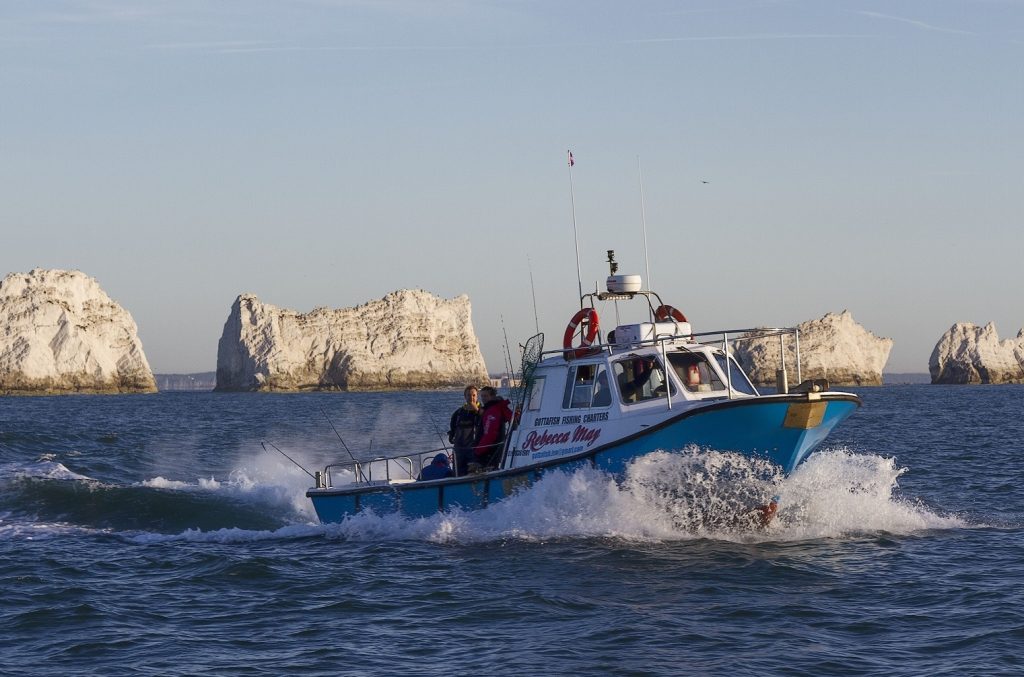
These guidelines have been issued by the Professional Boatman’s Association and the Angling Trust. It is general guidance. Each Boat Skipper will have adapted this guidance to suit the specific circumstance of their boat. The Skipper’s instructions should be followed at all times.
TRAVEL UPDATE 09/04/21: There are no statutory limits on how far you can travel to go fishing. We are encouraged to avoid making unnecessary journeys or traveling more than is reasonably necessary to take part in our activity. However, traveling to the coast or to a river or lake is entirely permissible.
SKIPPERS GUIDANCE
- It is your decision to allow passengers onboard and should you suspect they are displaying any of the Covid-19 symptoms they should not be allowed to board.
- Before allowing anyone onboard you should ask if they have or have been in contact recently with anyone showing symptoms of Covid-19 and you should use a digital temperature measuring device to test your passengers.
- Collect the contact details of each of your passengers as part of the NHS Test and Trace data and retain this information for 21 days.
- Carry out a full Safety Briefing listing all the measures in place to keep to Government guidelines and what passengers need to do to follow these guidelines.
- All passengers must be required to bring face masks and should wear them if required by the skipper.
- Social distancing should be maintained at all times. You should only permit a maximum number of people onboard to ensure this. Government guidance changes regularly and may differ from region to region. You must ensure that the numbers of passengers you take does not breach official guidance.
- If a passenger is suffering from a bout of seasickness they should be kept well away from the other clients.
- Where possible you should use marked areas for passengers to sit in and fish from.
- Passengers should only move around, once on board, if it is absolutely necessary. Remember, social distancing must be maintained when travelling and must be a consideration when setting your passenger numbers.
- No unauthorised persons should be allowed in the cabin at any time.
- You should discuss your measures for how people should move around the boat if necessary. If possible, you should have a one way system for people to move around the boat and a system of rotation to avoid passengers from coming into contact with each other.
- You should deep clean the boat after each trip, ensure you comply with any harbour rules around the use of cleaning equipment.
ANGLERS/PASSENGERS GUIDANCE
- If you have any Covid-19 symptoms you SHOULD NOT board the boat.
- It is the skipper’s decision to allow you on the boat and should he suspect you are displaying any of the symptoms he is within his rights to refuse you permission to board the boat.
- If you are asked to wear Personal Protection Equipment by the skipper, you should do so.
- The cabin is off limits to all passengers at all times. This is to protect the health of the skipper and minimise risk. Only the skipper can allow entry to the cabin in exceptional circumstances.
- Anglers should take on board their own soap / sanitiser, small bait board, small knife and bucket with a string attachment – do not risk cross contaminating others.
- Minimise the amount of fishing equipment you bring to the essentials ie only 2 rods, 1 medium size dry bag, 1 box plus your bait board and bucket. Bait can be carried in the bucket along with weights etc. Nothing is to be placed in the cabin.
- Use your own hand wash and sanitiser regularly, ensure the area you are fishing from is regularly cleansed, especially handrails.
- If you need to use the toilet, use your bucket where possible. Only if the skipper allows should you use the boat’s toilet, ensure you wear disposable gloves and follow the Government advice on cleaning your hands before and after using the toilet. Clean anything you touch in the toilet thoroughly using the cleaning equipment provided by the skipper, disposing of used material in the bin provided.
- Keep all your ‘rubbish’ in your own bag and dispose of it ashore to avoid cross contamination.
- Bring your own soft drinks (no alcohol, no glass bottles) and food. The boat’s galley area will not be available to passengers.
Please note this advice is only a basic guide to helping us to enjoy our sport. It is down to all onboard to ensure that Government guidelines are followed, and a duty of care is provided to all onboard by all onboard. Please be aware that Government guidelines are changing daily, and the skipper’s advice and guidance should be followed at all times.
QUICK CHECKLIST
- Waterproof bag for your equipment
- 1 x small tackle box and 2 rods
- Small bucket with lanyard, small bait board and knife
- Appropriate Personal Protection Equipment
- Hand Wash and Sanitizer
- Rubbish Bag
- Drinks and Food.
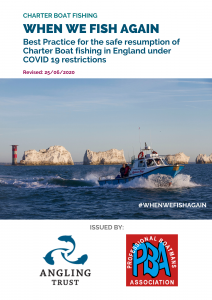
Angling Trust Competition Guidelines (revised Jan 2022)
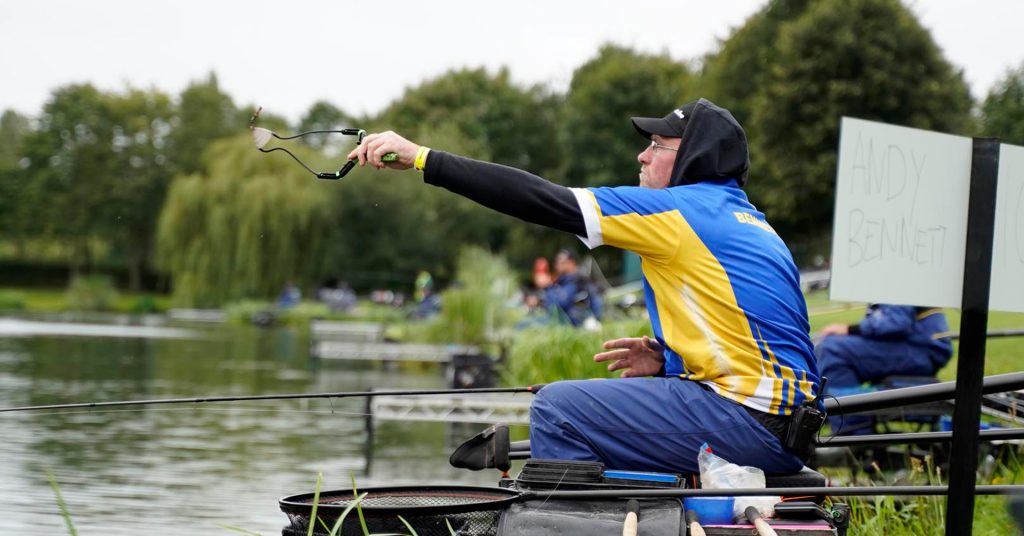
Covid-19 Risk Assessment Guidance for Competition Organisers
The Government’s Plan B also revised the Covid-19 guidance relating to sport and recreation. Organisers of angling competitions are now no longer legally required to carry out a formal Risk Assessment to mitigate the risk of spreading the virus. However, it remains good practice to have one in place. A Risk Assessment may be necessary for other reasons, for example, where clubs are operating as employers or if insurance policies require.
To assist our member clubs and fisheries, the Angling Trust has produced a useful Risk Assessment template based upon standard angling competition best practice and with reference to the latest Coronavirus guidance and regulations. The full Government guidance is below.
This Risk Assessment highlights elements of competitions that may pose a risk of Covid-19 transmission through physical cross contamination or air borne infection. It may be clarified or amended by the competition organiser, club or fishery owner to align with their current or proposed Covid-19 practices, and blank template pages have been included at the end of the document to record these amendments or clarifications which can be handwritten.
For instance, organisers of major competitions may be able to carry out a live draw by social media and have all payments made by bank transfer, whereas a small club may only be in a position to have the match organiser draw at the venue and take cash for match fees and pools. The club could then use the blank template to record what measures it is taking to avoid a gathering at the registration point (air borne infection) and to handle cash (cross contamination).
Anglers should be made aware of the mitigation measures that have been put in place before the competition is held. Risk Assessments should be produced, signed off by the competition organiser and a record kept for future reference.
With Coronavirus still a significant threat we all have a responsibility to those taking part and must give clear advice to anglers on the measures that have been put in place to protect the safety and welfare of everyone involved.
Revised Government Guidance for Grassroots sporting events
If you are organising grassroots sport events, or expect spectators, you should review the guidance for events and attractions and follow any relevant measures to reduce the risk of transmission at your event. You can also use the risk management template to help you plan your event.
Best practice guidelines
We’ve worked with leading anglers, fisheries and other angling organisations to produce best practice guidelines for the safe resumption of match angling. Click to read the advice relevant to your discipline.









